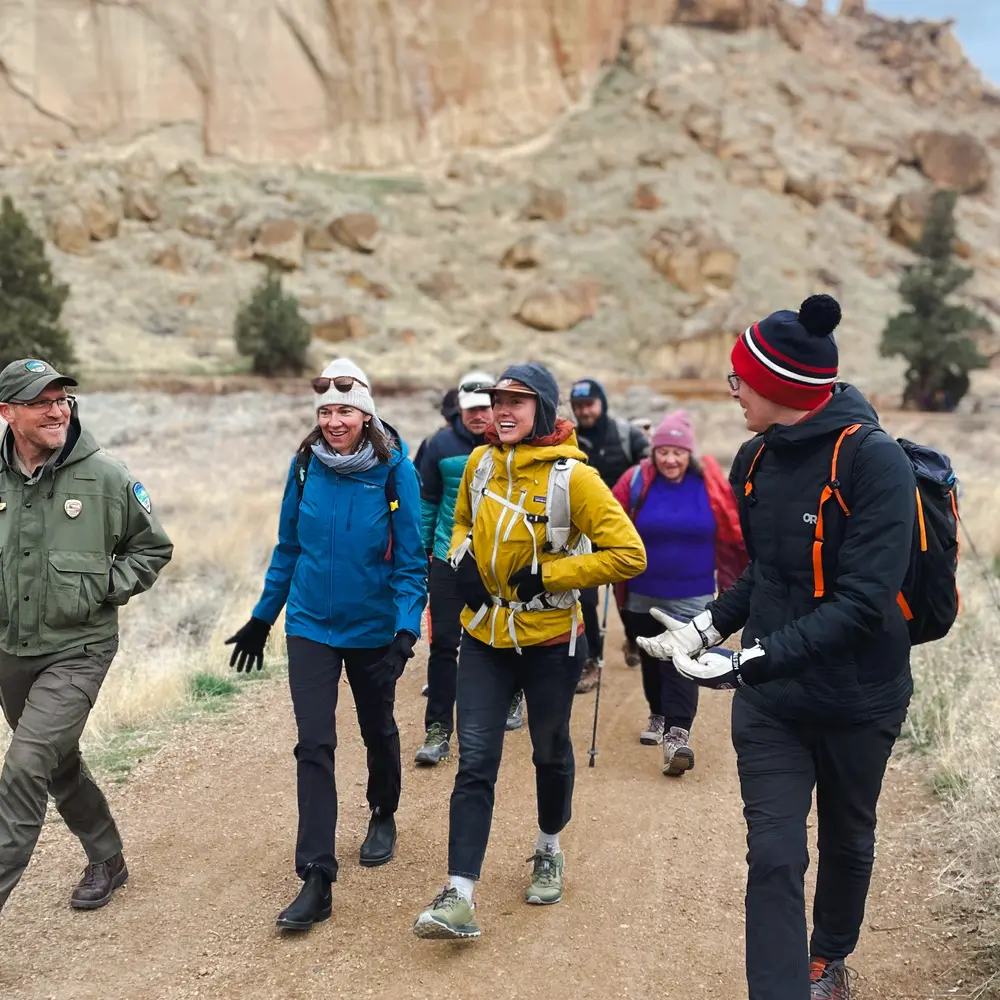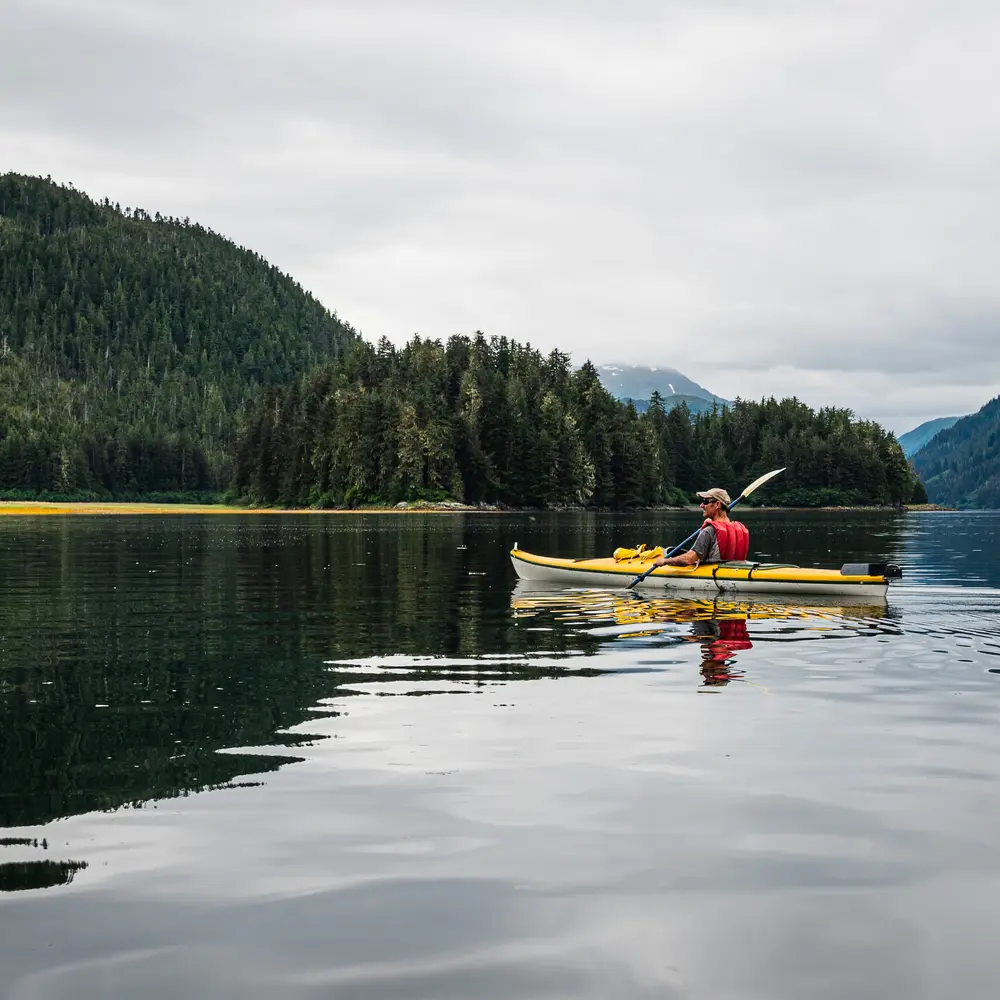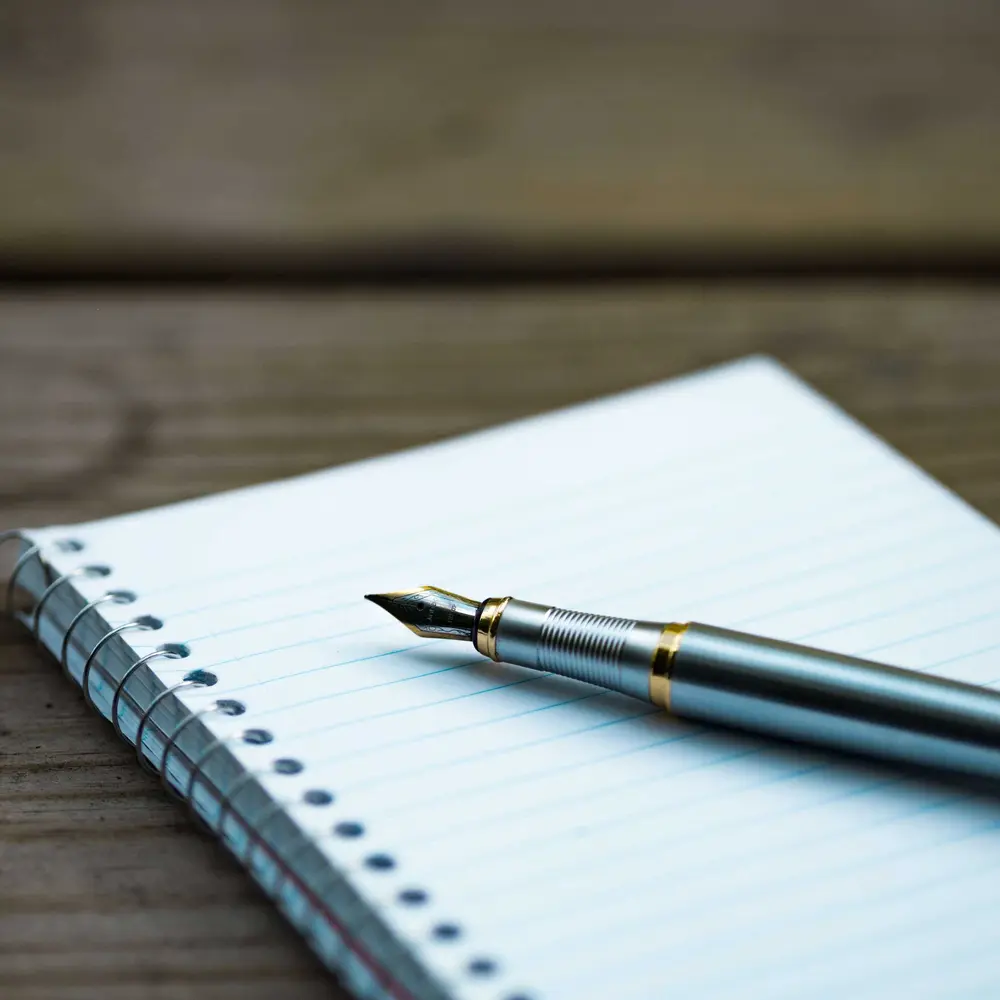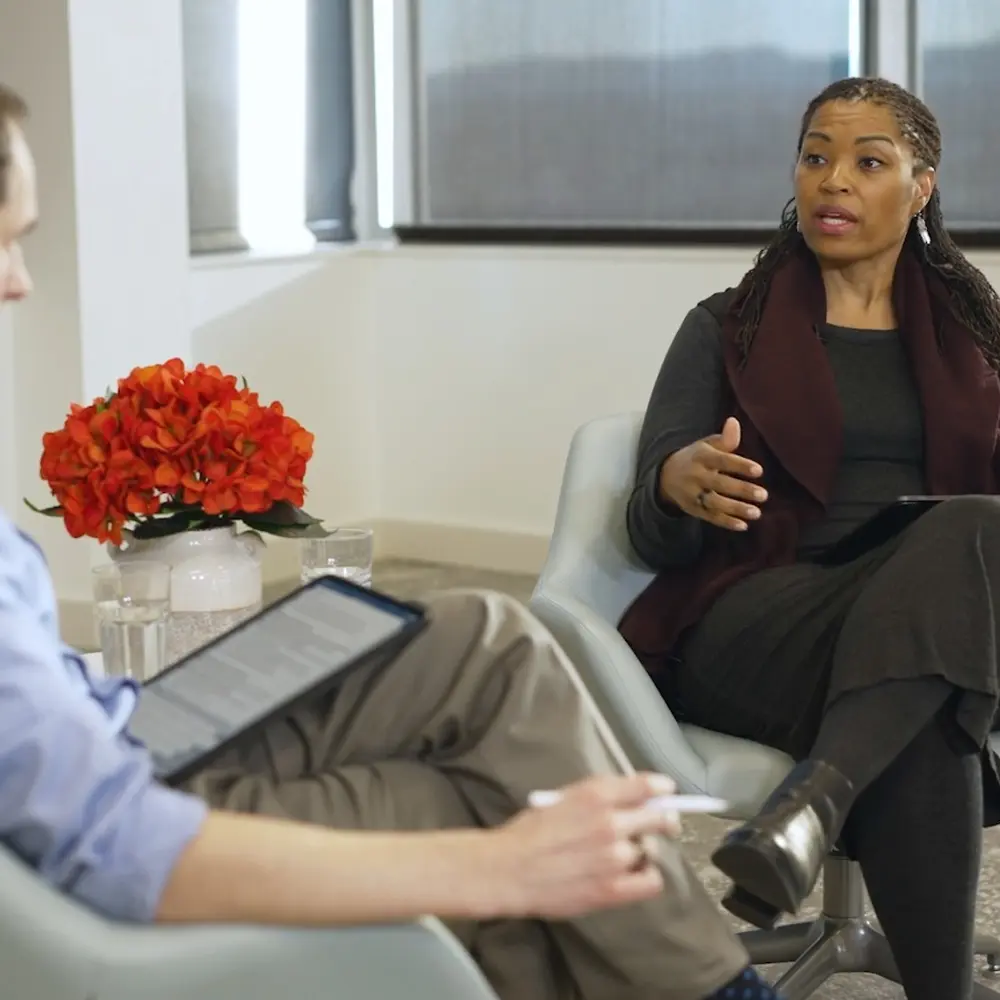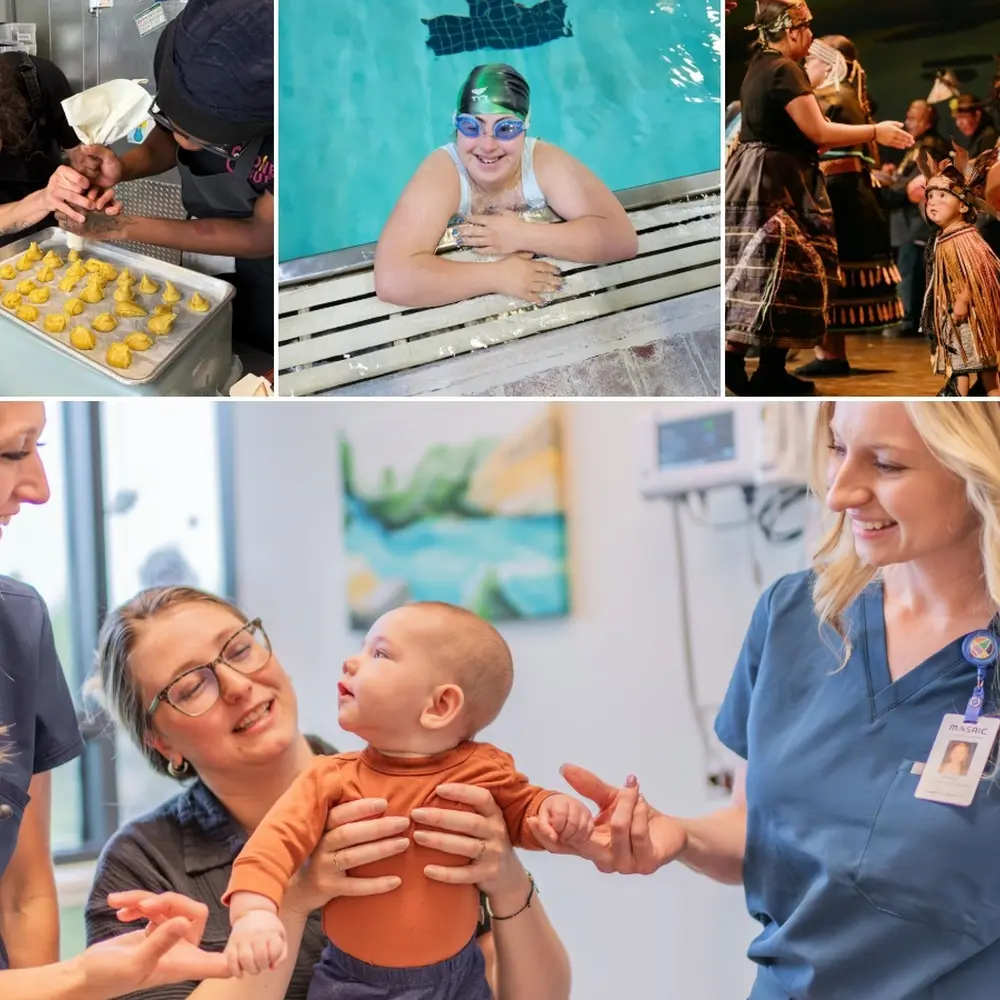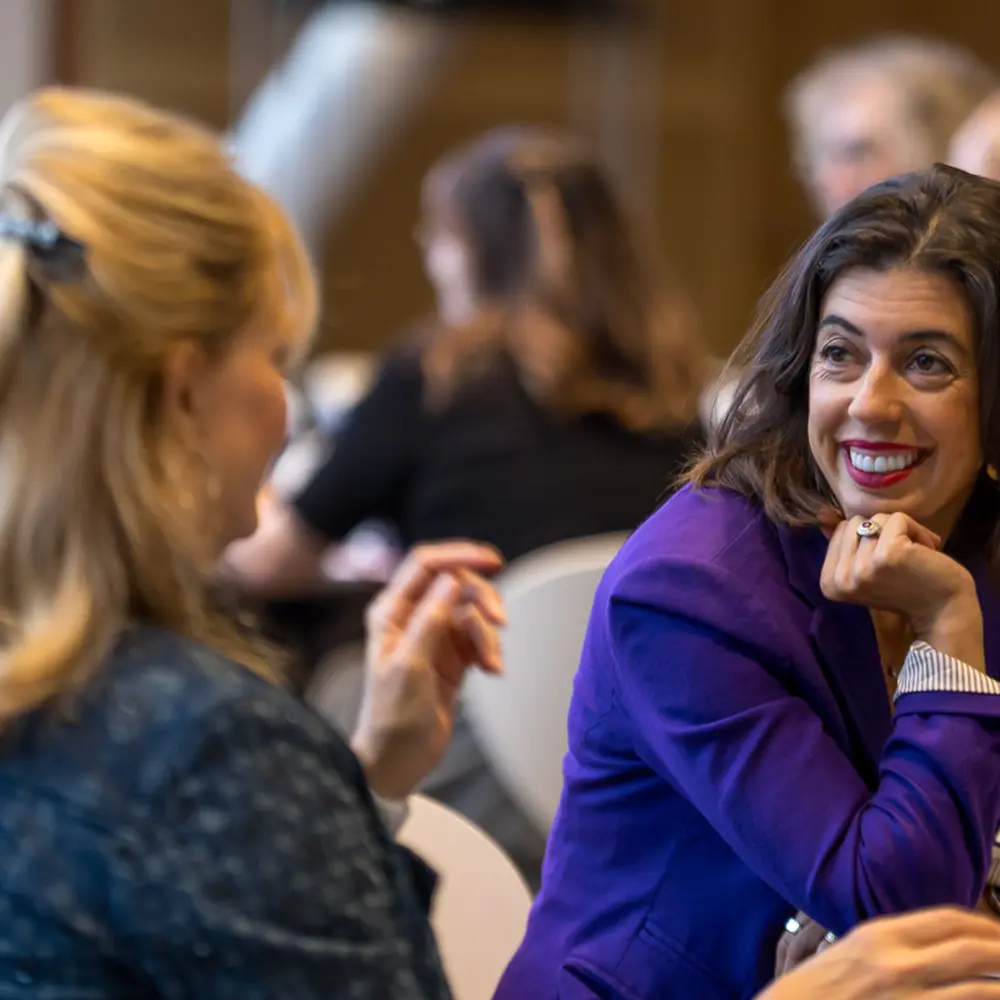This week, the Murdock Trust hosts our 31st annual Partners in Science Conference. You can find more information on the Partners in Science Program here.
When Maggie Lewis welcomes students to the first day of school, her lesson plans may feel a bit of jet lag. The methods and syllabus that she brings to her biotech and forensics classes are built on strategies she learned some 5,500 miles away while researching bacteria in the soil of Majorca, Spain.
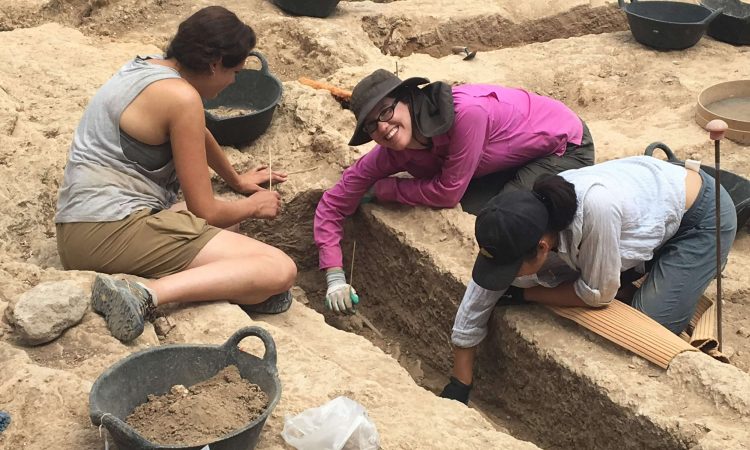
Maggie is just one of the dozens of outstanding high school educators who participate in the Partners in Science Program, an enrichment effort offered by the M.J. Murdock Charitable Trust that provides opportunities for teachers to work hands on in the field by connecting them with established researchers at labs throughout the Pacific Northwest. While not every Partners experience involves international travel, Maggie’s story is a shining example of the goals and benefits of the program.
Two years ago, Maggie was paired with Dr. Angela Hoffman, a chemistry professor at the University of Portland. During the school year, Maggie would continue to teach her classes. In the summer, she would join Dr. Hoffman’s team as they researched soil samples from Majorca.
“There is a huge, ongoing issue when it comes to antibiotics because bacteria are becoming resistant to some treatments,” Maggie explained in a recent discussion with the Trust. “In Majorca, the soil is largely untouched. By studying the soil in this region, we may be able to find new bacteria species that we can tap in to and uncover new forms of treatment. In Dr. Hoffman’s work, we’re actually reviewing soil samples that involve skeletal remains from the first century. We’re literally digging into history to create a healthier future. It’s a fascinating process.”
For her first year of the program, Maggie spent her time testing samples that Dr. Hoffman’s team had already retrieved from the region. However, in year two, Maggie was able to grab her passport and join the collection team on site in Spain. She says that the experience, both working in the lab and in the field, has had a profound impact on her approach to the classroom.
“I feel like my classes have a unique authenticity because I can tell my students, ‘this is what really happens in the field,’” Maggie explains. “It also gave me the confidence to adjust my teaching approach. Rather than giving my students a ‘recipe’ format for science where we all follow the same steps and get the same results, I now feel comfortable giving my students the freedom to have their own ideas and explore their creativity through science by running with experiments they design themselves.
“In biotech and forensics, we are trying to show students the myriad options available to them after graduation in the sciences and that you can land a really good job right out of high school with these skills. With this approach, my kids are excited about science. I feel like I can see their future opening up in front of them. That’s why you get into teaching. To help kids have a bright future.”
While most of her class work has gone virtual due to the pandemic, Maggie has been working on some fresh plans for her students once in-person instruction resumes. With a supplemental grant through the Partners in Science Program, she has purchased equipment that will allow her students to conduct their own archaeological dig on school grounds.
Jack Murdock believed strongly in the value of science as a means of serving the common good of our communities through innovation and the power of hands-on mentorship through partnerships in the education sector. We are grateful for educators like Maggie Lewis and mentors like Dr. Angela Hoffman who embrace these values to help serve, support and inspire the next generation of scientific minds.
The post Celebrating Partners In Science – Maggie Lewis appeared first on M. J. Murdock Charitable Trust.

